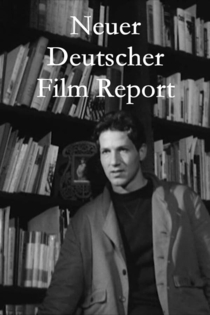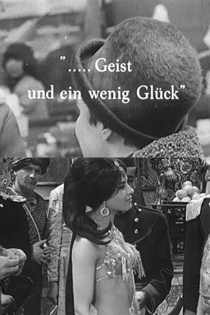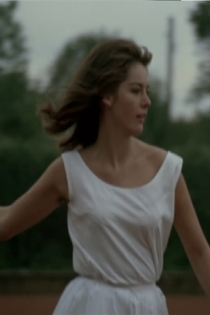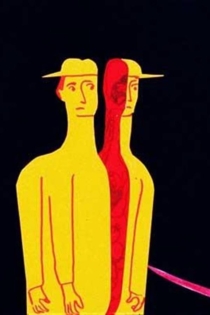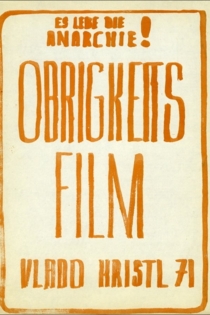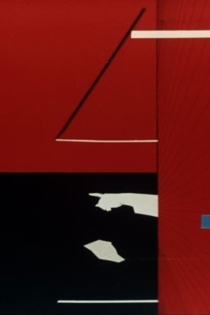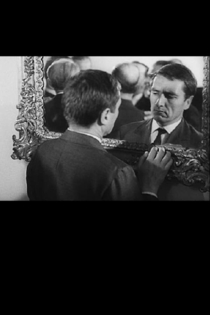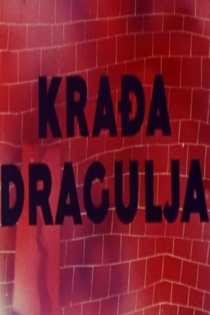
Vlado Kristl
1923 - 2004Arme Leute
Vlado Kristl
Vlado Kristl, Christian Doermer
Kristl was a member of the prestigious Zagreb Studio of Animation and his early works as painter and filmmaker had brought him instant acclaim and instant censorship. He fled Croatia and lived in Germany; he died there in 2004. Poor People, a “collective scream” of Cold War fear, was produced just after he left his country.
Poor People

Šagrenska koža
Vlado Kristl, Ivo Vrbanić
Poor and unhappy, Rafael leaves Pauline and tries his luck at the roulette, but loses his last coin. Fate gifts him with the miraculous "Shagreen leather" that fulfills all wishes. In his new, luxurious life he wins the heart of wonderful Foedora. But with the power of the leather comes a rule: for every fulfilled wish it becomes shorter, and so does the life of its owner. Using the leather abundantly, Rafael soon spends his time.
Shagreen Leather
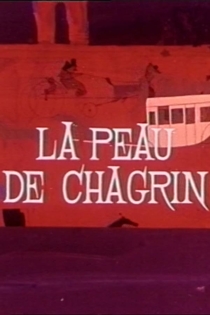
Der Damm
Vlado Kristl
Petra Nettelbeck, Vlado Kristl
In The Dam, although it is an experimental film, Kristl eschews the necessary earnestness in addressing his subject. The manufactured, unambiguously humorless profundity proffered up by other German contemporaries is absent here. Laughter is allowed. Kristl takes the dreadful liberty of tomfoolery, sending up himself, the characters, the action, "tragedy," and everything else, including the audience, that might be held sacred. Within the framework of the action, we recognize a love triangle, one of the simplest of dramatic configurations. Not only the basic idea, but also numerous particulars, both in subject and style, are reminiscent of the films of Roman Polanski, which Kristl doubtless saw and holds in esteem. We meet two men: one is meant to embody the outsider, the artistic, intellectual, individualist. The other looks like the embodiment of the well-to-do man, the burgher, the functionary, the capitalist. The two battle for the favor of an indecisive and domineering girl.
The Dam

Der Brief
Vlado Kristl
Vlado Kristl, Horst Acher
T. finds a letter. Instead of just dropping it in a mailbox, he decides, conscientious as he is, to deliver it personally. He wanders the entire world, discovers astounding forms of existence, but cannot be hindered from his duty and keeps looking until he finally finds the address. There, he finds out that he has delivered his own judgment.
The Letter

